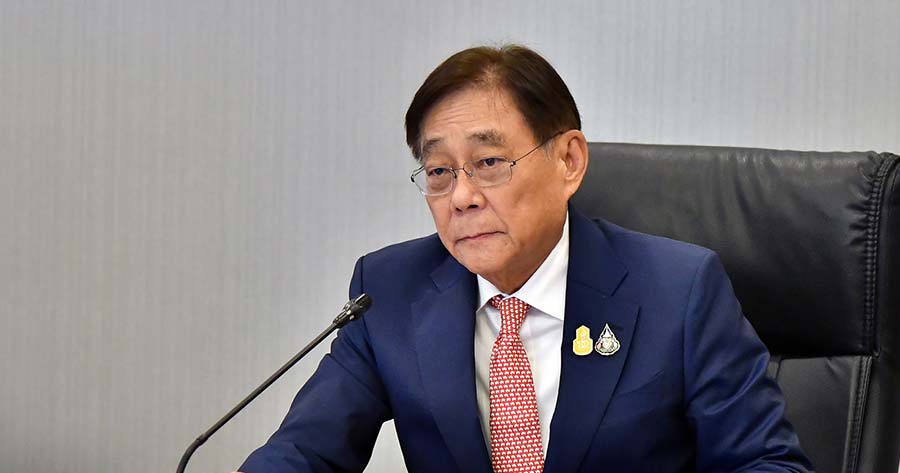Thailand is strategizing for an economic expansion of 3.5% by 2025, up from this year’s anticipated growth of 2.7%. The government plans to consider augmenting stimulus measures and rolling out the second phase of its ambitious $14 billion handout scheme, as disclosed by Finance Minister Pichai Chunhavajira.
Southeast Asia’s second-largest economy has grappled with sluggish growth due to low investment levels and employment, high household debt, and struggles faced by small businesses. The economy grew a mere 1.9% in the previous year, with household debt amounting to a staggering 89.6% of GDP at the end of June.
The finance minister accentuated the country’s dire need for investment in new technology and a synchronized approach of fiscal and monetary policies to counter these issues. He also reassured that the government would keep public debt from exceeding the 70% cap, with the current figure standing at 63.28% in relation to GDP as of September.
In a surprising move, the central bank cut the key interest rate by a quarter point to 2.25% last month to foster growth. This adjustment marks the first of such since 2020. The monetary policy will be reviewed again on December 18.
The finance minister also mentioned future discussions regarding more economic reforms, including the second phase of the “digital wallet” handout program, part of a broader strategy to boost the country’s economy.
Recently, an agreement was reached between the Thai government and the central bank to uphold the current inflation target range of 1% to 3% for 2025. Pichai also revealed plans to elevate inflation above 2% in 2025 with the aim of fostering economic growth and increasing state revenue.
Despite headline inflation registering at a mere 0.26% between January and October, Pichai anticipates it to reach 0.7% to 0.8% by the year’s end.
In addition, Thailand experienced a positive shift in industrial sentiment in October, attributed to robust tourism, exports, and governmental aids, as reported by the Federation of Thai Industries.
Pichai emphasized the government’s intention to push the private sector towards higher investments and sought banks’ cooperation in addressing household debt issues. He hinted at potential reductions in the contributions banks are required to make to the Financial Institutions Development Fund, thereby freeing up more resources to combat debt challenges.





